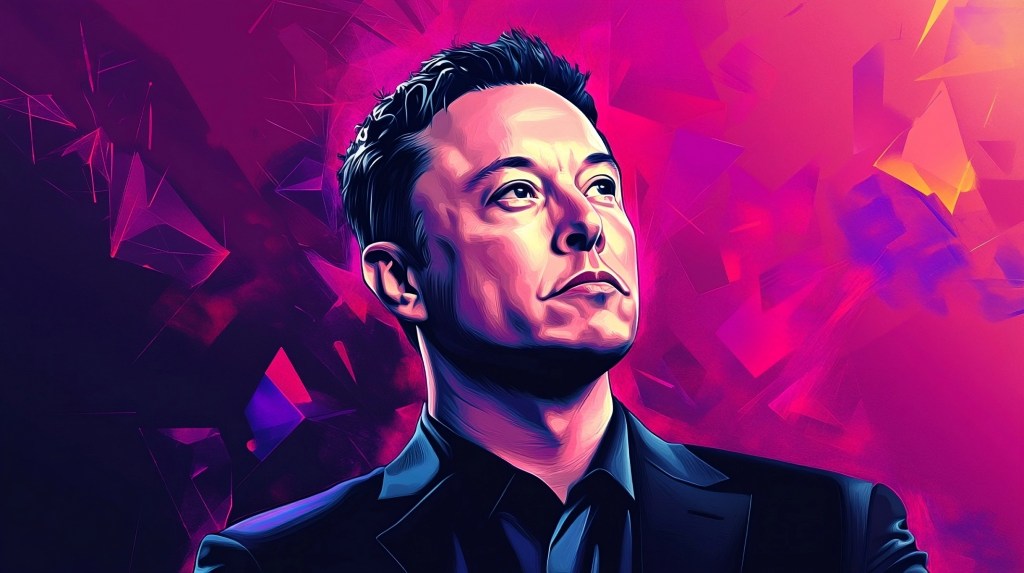
Elon Musk filed a new federal lawsuit against OpenAI and its CEO Sam Altman today, accusing the artificial intelligence company of abandoning its founding mission to benefit humanity in favor of pursuing profits.
The 83-page complaint, lodged in the U.S. District Court for the Northern District of California, revives and expands upon allegations Musk first raised in a state court lawsuit earlier this year.
“Elon Musk’s case against Sam Altman and OpenAI is a textbook tale of altruism versus greed,” the lawsuit states, setting the stage for what could be a landmark battle over the future of artificial intelligence development.
The siren song of Silicon Valley: Promises made, promises broken
Musk, who co-founded OpenAI as a non-profit in 2015 before departing in 2018, claims Altman and other company leaders “intentionally courted and deceived” him, exploiting his concerns about the existential risks posed by advanced AI.
The complaint alleges that once OpenAI’s technology approached transformative artificial general intelligence (AGI), “Altman flipped the narrative and proceeded to cash in.”
“The perfidy and deceit are of Shakespearean proportions,” the lawsuit declares, employing unusually dramatic language for a legal filing.
At the core of Musk’s argument lies the assertion that OpenAI’s partnership with Microsoft and shift towards a more commercial model violates the company’s founding principles. The lawsuit contends that “In partnership with Microsoft, Altman established an opaque web of for-profit OpenAI affiliates, engaged in rampant self-dealing, seized OpenAI Inc.’s Board, and systematically drained the non-profit of its valuable technology and personnel.”
This latest legal salvo comes just months after Musk unexpectedly withdrew a similar lawsuit against OpenAI in California state court. The new complaint introduces additional claims, including accusations that OpenAI engaged in racketeering activity.
From utopian dreams to corporate schemes: The OpenAI saga unfolds
OpenAI has previously dismissed Musk’s allegations as “frivolous” and released emails suggesting Musk acknowledged early on that the company would need to generate substantial profits to fund its AI research. The company did not immediately respond to requests for comment on the new lawsuit.
This legal battle exemplifies the fundamental tension at the heart of AI development: the need for vast resources to push the boundaries of technology versus the ethical imperative to ensure AI benefits humanity as a whole. OpenAI’s evolution from a non-profit to a “capped-profit” model highlights the challenges of maintaining idealistic goals in the face of financial realities and competitive pressures in the AI industry.
The case also underscores the complex interplay between private enterprise and public interest in emerging technologies. As AI systems become increasingly powerful and pervasive, questions of governance, accountability, and ethical development are moving from abstract debates to concrete legal and policy challenges. Musk’s lawsuit may serve as a catalyst for broader discussions about the appropriate structures and incentives for responsible AI development.
The case emerges amid increasing regulatory scrutiny of OpenAI. The Federal Trade Commission is investigating the company for potential consumer protection violations, while several prominent AI safety researchers have recently departed OpenAI, citing concerns about the prioritization of rapid product releases over safety considerations.
Musk’s lawsuit seeks to invalidate OpenAI’s licensing agreement with Microsoft and establish a constructive trust over assets allegedly derived from Musk’s contributions to the company. Legal experts suggest the case faces significant hurdles but could have far-reaching implications for AI governance.
Titans clash in the digital colosseum: The battle for AI’s soul
The outcome of this case could set important precedents for how courts interpret the obligations of AI companies to their stated missions and early backers. It may also influence future structures for AI research organizations, potentially encouraging more robust safeguards against mission drift or clearer delineations between non-profit and for-profit activities in the field.
Moreover, the lawsuit shines a spotlight on the concentration of power in AI development. The involvement of tech giants like Microsoft in ostensibly independent AI research raises questions about market competition, innovation, and the long-term implications of AI capabilities being controlled by a small number of powerful entities.
As the legal drama unfolds, it promises to offer new insights into OpenAI’s early days and the competing visions for artificial intelligence that continue to shape one of the most consequential technological developments of our time. With billions of dollars and potentially the future of AGI at stake, Musk’s lawsuit ensures that the controversy surrounding OpenAI will remain at the forefront of tech industry discourse for the foreseeable future.
Author: Michael Nuñez
Source: Venturebeat
Reviewed By: Editorial Team



